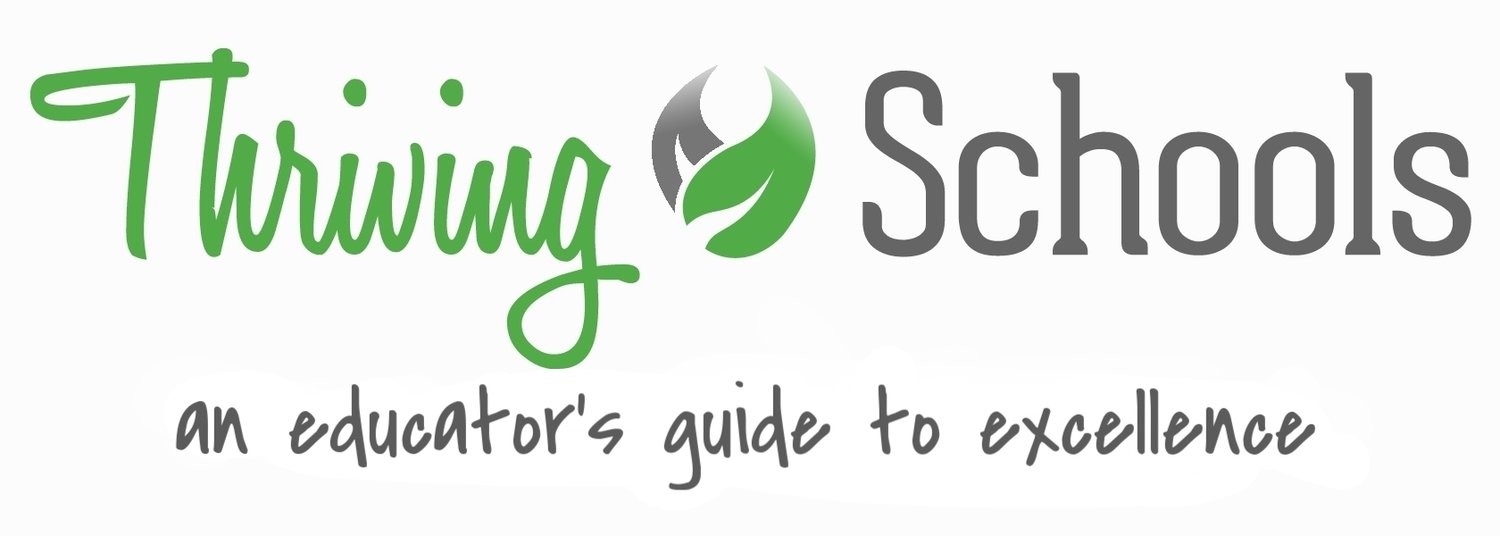Class size and budgeting at Success Academies
/The Success Academy Charter Network operates 41 schools in Manhattan, Brooklyn, Queens, and the Bronx. In 2015, its schools scored in the top 1% in math and top 2% in ELA among all schools in New York State. Perhaps more telling, though, is the response from parents. In the same year, it received more than 22,000 applications for a mere 2,300 open seats.
One of the more strategic decisions it has made over the years is to opt for large class sizes. In this piece, we explore the logic behind this decision and some of the programs to which savings are reallocated.
Read More
